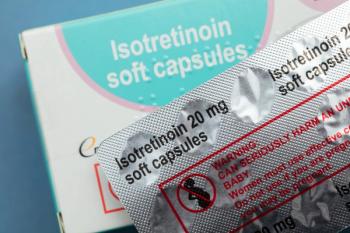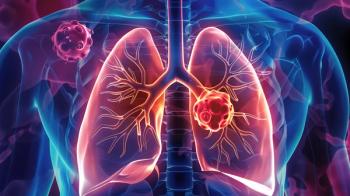
Study: Excessive Alcohol Consumption During the COVID-19 Pandemic
The greater effect on population-wide alcohol use could be tied to the effects of the COVID-19 pandemic, including widespread social disruption and isolation, limited social support and access to medical care, and negative domestic and global economic impacts.
A new study published in the Journal of General Internal Medicine found that the full impact of the coronavirus disease 2019 (COVID-19) pandemic on alcohol use is not yet known, but rates increased during the first few months of the global outbreak. This led to the study authors conclude that there is an urgent need for public health and medical responses to address harmful alcohol use.
The greater effect on population-wide alcohol use could be tied to the effects of the COVID-19 pandemic, including widespread social disruption and isolation, limited social support and access to medical care, and negative domestic and global economic impacts.
“We hope this article will call attention to the pandemic’s effects on alcohol use and offer mitigating approaches to this under-recognized public health concern,” said co-author Dawn E. Sugarman, PhD, a research psychologist in the Center of Excellence in Alcohol, Drugs, and Addiction at McLean Hospital, in a press release.
The article emphasizes that public health messages should include education about managing stress and anxiety without using alcohol, drinking within safe limits during physical distancing and social isolation, and knowing when an individual ought to be concerned about themselves or someone else.
Further, the study authors call for greater efforts to screen for alcohol use disorders during primary care visits and to provide treatments for individuals at risk for relapse or exacerbation of heavy drinking. Telehealth services may help provide access to such care, in addition to ensuring adequate insurance for treatment for those who have lost employer-based health insurance and may have reduced access to health care and addiction treatment programs.
“Increasing identification of harmful alcohol use in patients and intervening early are key components of addressing this problem,” said co-author Shelly F. Greenfield, MD, MPH, director of the Alcohol, Drug, and Addiction Clinical and Health Services Research Program at McLean Hospital, in a press release. “In addition, recognition of the problem from policymakers could lead to changes in federal regulations—such as we have seen with telehealth—and improvements in access to health care.”
Although the full impact of COVID-19 on alcohol use is not yet known, rising rates during the first months of the pandemic point to the urgent need for effective public health and medical responses, according to the study authors.
REFERENCE
Excessive alcohol consumption during the COVID-19 pandemic. McLean Hospital.
Newsletter
Stay informed on drug updates, treatment guidelines, and pharmacy practice trends—subscribe to Pharmacy Times for weekly clinical insights.







































